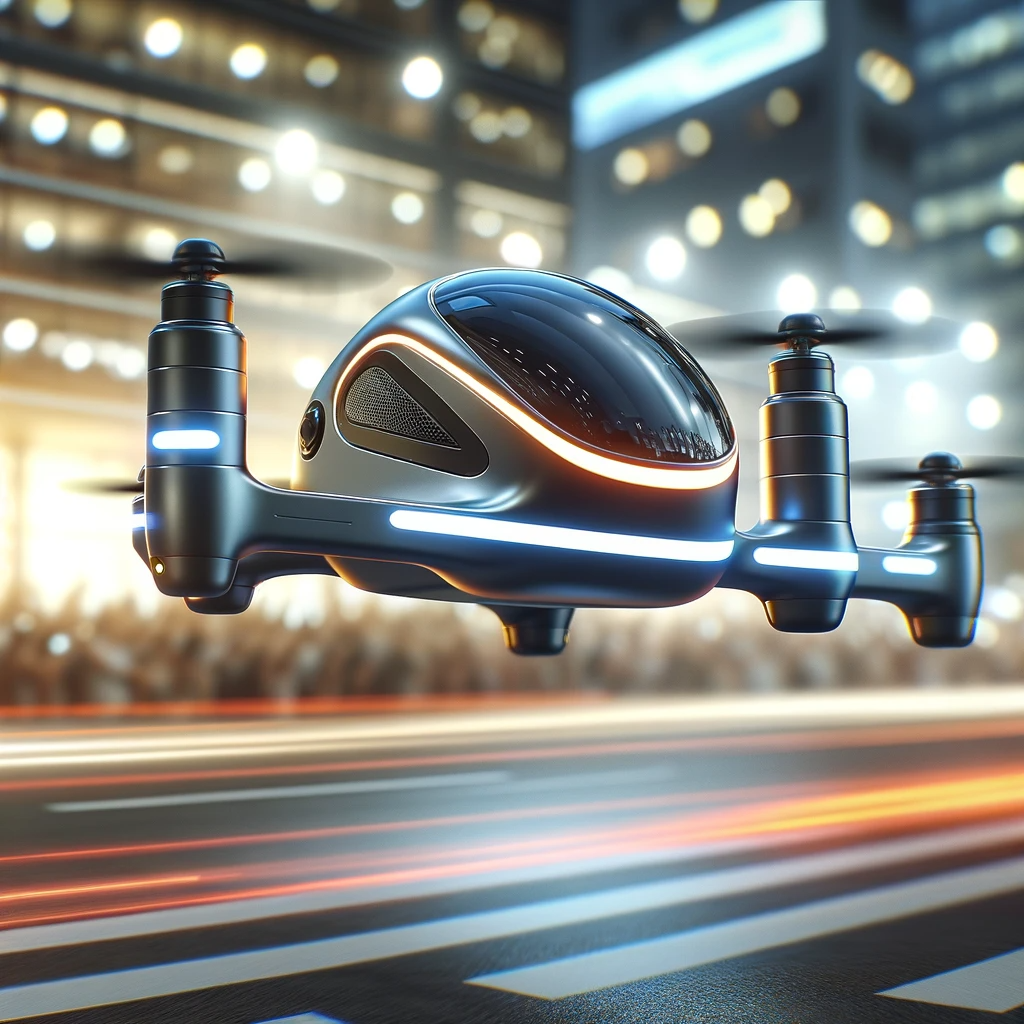Mini drones, alternatively referred to as micro or nano drones, have become a prominent technical phenomenon in recent times. These small and portable technologies have expanded opportunities in several industries, ranging from photography to security. This blog post seeks to examine the intricate realm of miniature drones, delving into their potential, benefits, drawbacks, uses, constraints, and hopes for the future.
Table of Contents
The Possibilities of Mini Drones:
Mini-drones are characterized by their compact dimensions, typically tiny enough to be held in the palm of one’s hand. Their diminutive size enables them to function in areas that larger drones cannot reach, rendering them highly adaptable.

Advantages:
- Portability: Their small size makes them easy to transport and deploy.
- Maneuverability: Mini-drones can navigate tight spaces, making them ideal for indoor and complex environments.
- Cost-Effective: Generally, mini-drones are more affordable than their larger counterparts, making them accessible to a broader audience.
Disadvantages:
- Limited Battery Life: Due to their size, mini-drones often have shorter flight times.
- Reduced Payload Capacity: They can carry limited weight, restricting their use in certain applications.
- Lower Range and Stability: Mini-drones may have a shorter range and can be more susceptible to weather conditions.
Applications:
Mini-drones have a wide range of applications:
- Photography and Videography: Ideal for capturing unique angles and perspectives.
- Surveillance and Security: Used for monitoring hard-to-reach areas.
- Educational Purposes: They serve as excellent tools for teaching the basics of robotics and aerodynamics.
- Recreational Use: Popular among hobbyists and drone enthusiasts for recreational flying.
Limitations:
- Privacy Concerns: The use of mini-drones for surveillance raises privacy issues.
- Regulatory Restrictions: There are strict regulations governing drone usage in many areas.
- Technical Limitations: Current technology limits their range, battery life, and load capacity.
Future Scope:
The future of mini-drones is bright, with advancements in battery technology, AI, and materials science. Potential developments include enhanced autonomous capabilities, better integration with IoT devices, and broader applications in fields like agriculture, logistics, and environmental monitoring.
Conclusion:
Mini drones represent a rapidly evolving technology with the potential to impact various aspects of society. While they come with certain limitations, ongoing innovations promise to expand their capabilities and applications. As technology advances, mini drones are poised to become even more integral to our daily lives, offering novel solutions to complex challenges.

Add a Comment